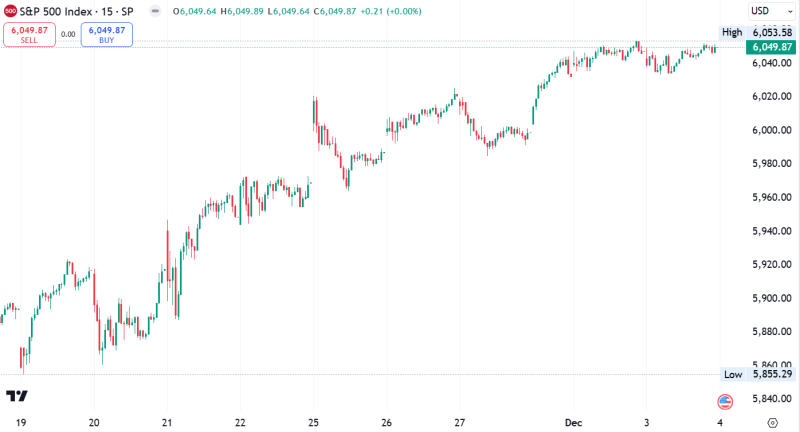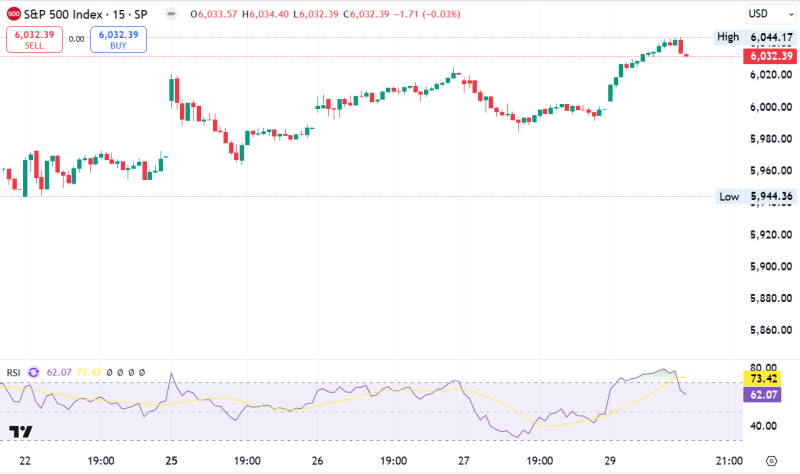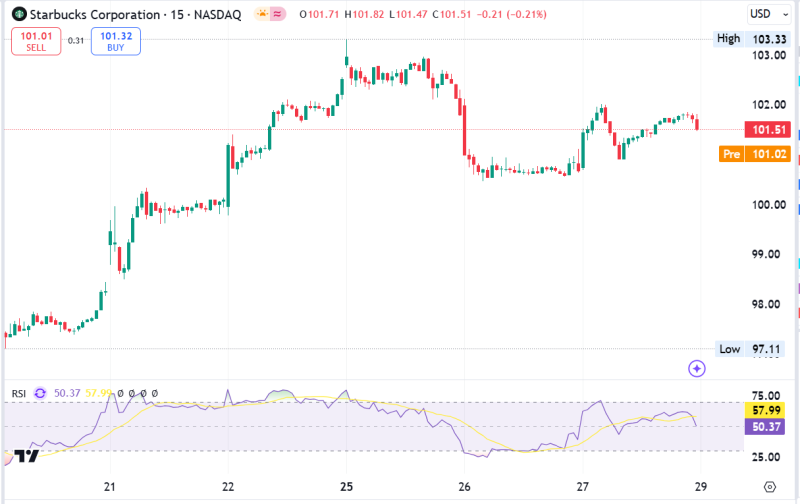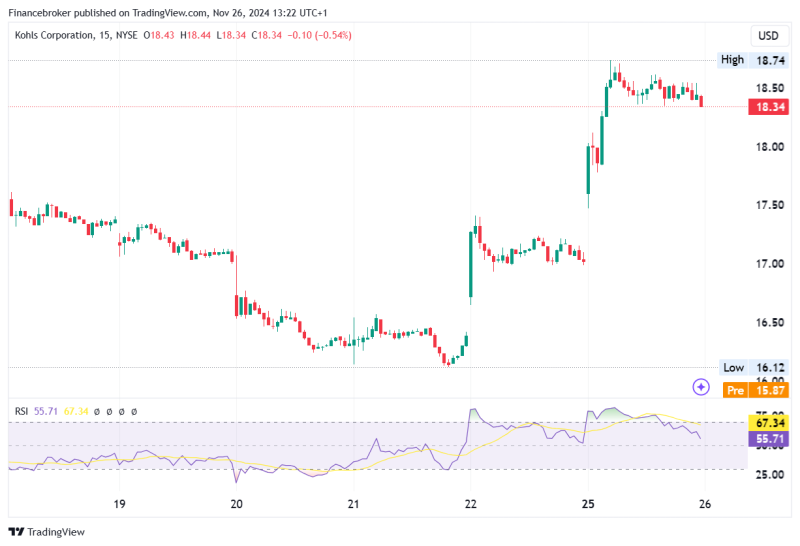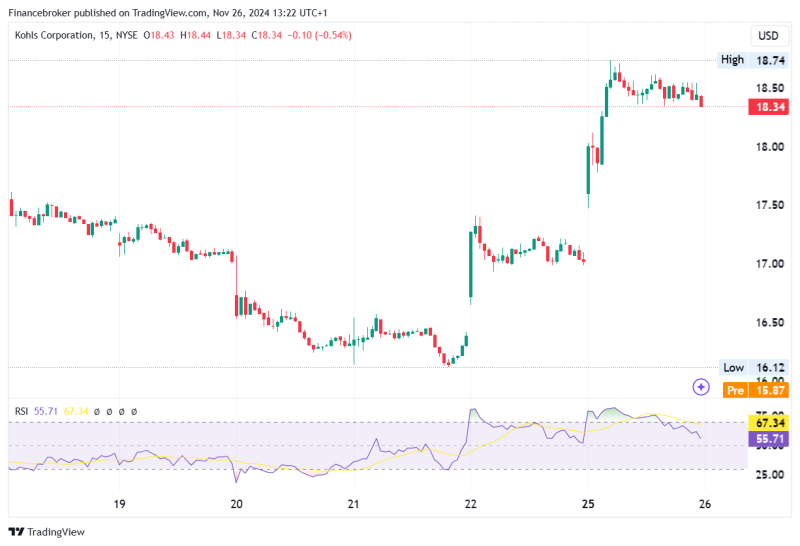
Investing.com — The current state of the US consumer remains healthy, Barclays said Wednesday, citing findings from its cross-sector analysis for Q4 2024.
Entering Q4 2024, consumers have largely benefited from strong tailwinds, but are now facing potential headwinds from policies and geopolitical uncertainties. Despite these risks, Barclays strategists said they “remain optimistic that this will amount to a softening in spending rather than a looming downturn.�
Recent summer spending data was solid, suggesting that US consumers have managed to maintain a strong footing through challenging times. However, subtle signs of slowing in consumption growth have begun to emerge, particularly when analyzing recent credit card data. This indicates that while spending remains generally positive, the pace of growth is tapering off.
One notable trend is the divergence in consumer behavior across income levels. Higher-income households have maintained their spending, but lower-income consumers are beginning to cut back, especially in discretionary categories.
This income-based divergence is particularly evident in the analysis of credit card data, which shows that although overall spending trends are positive, there are “subtle signs of slowing in consumption growth.�
“Credit card issuers reiterated a positive tone around spend trends, but our analysis highlights the stress imbalances between higher-income and lower-income consumers,� the report says.
According to Barclays, the upcoming holiday season could see more bifurcated spending patterns, with the US presidential election likely influencing consumer confidence, especially as lower-income households focus on value and higher-income households sustain spending.
Moreover, data from September revealed some weakness in back-to-school spending, which might signal a weaker end-of-year retail performance.
Despite concerns about rising delinquencies in consumer credit, Barclays maintains that the situation is not overly concerning at this stage. The pace of new delinquencies is slowing, “indicating that they may be near their peak,� strategists noted.
They see the US consumer as a key pillar of strength for the economy and the US dollar, and expect that “a softish landing and hawkish upside surprises to maintain that strength.�
“US consumption has been in a sweet spot for a while now, aided by favorable labor supply trends and a large stock of excess savings that is being put to use,� Barclays strategists explained.
“This has allowed the US economy to grow consistently above trend, bucking recession risks thanks to the virtuous cycle between consumer spending, net hiring, and income. For all its swings, the resulting modest cutting cycle envisaged for the Fed has contributed to sustaining historically elevated dollar valuations.�
Strategists note that the recent rise in the US dollar, following the Federal Reserve’s 50 basis point rate cut, may seem unexpected at first glance. However, they explain that this movement aligns with historical trends.
They highlight that the “totality of the data” since the initial rate cut continues to signal a “soft landing,” even though labor data has shown some signs of softening in recent months.









